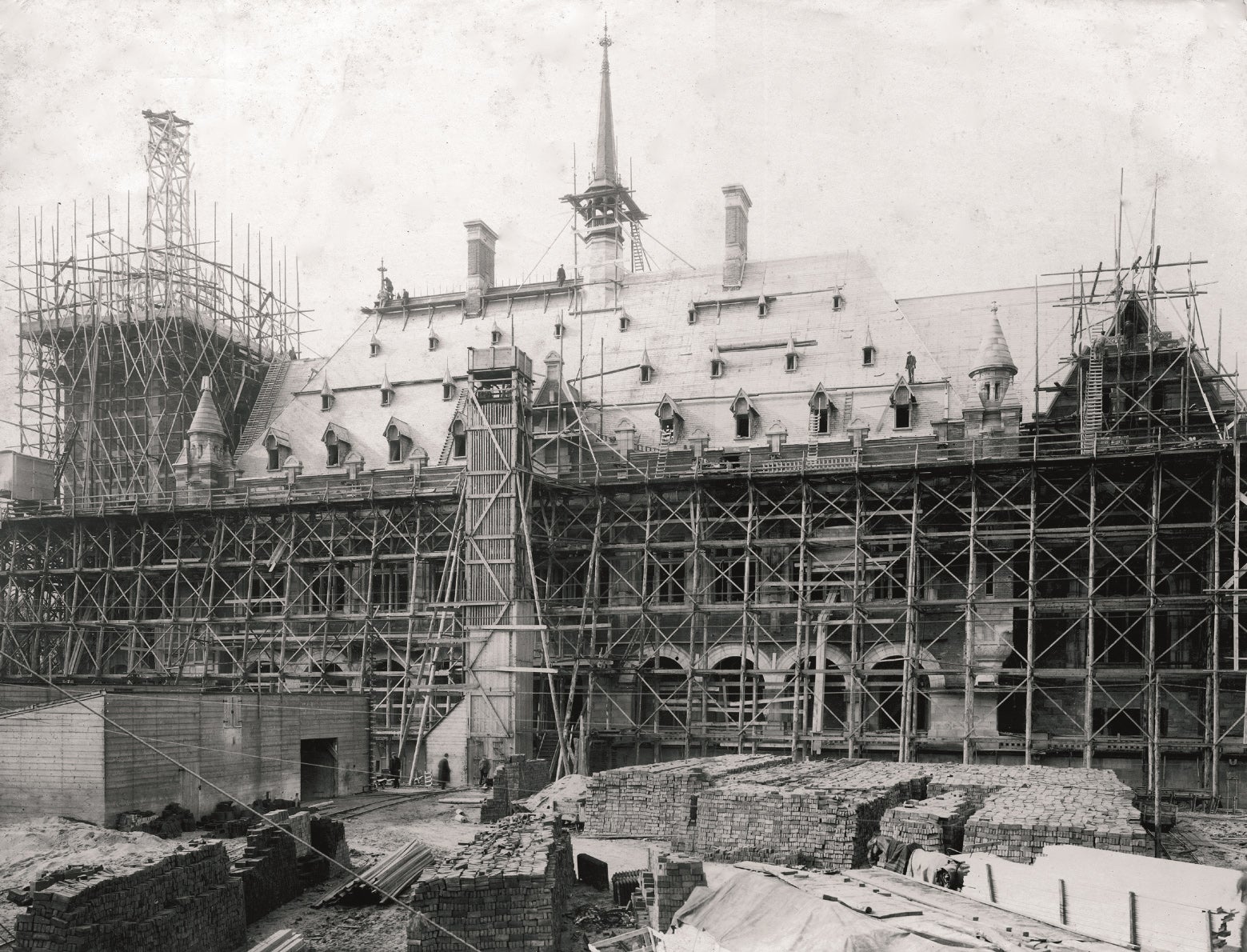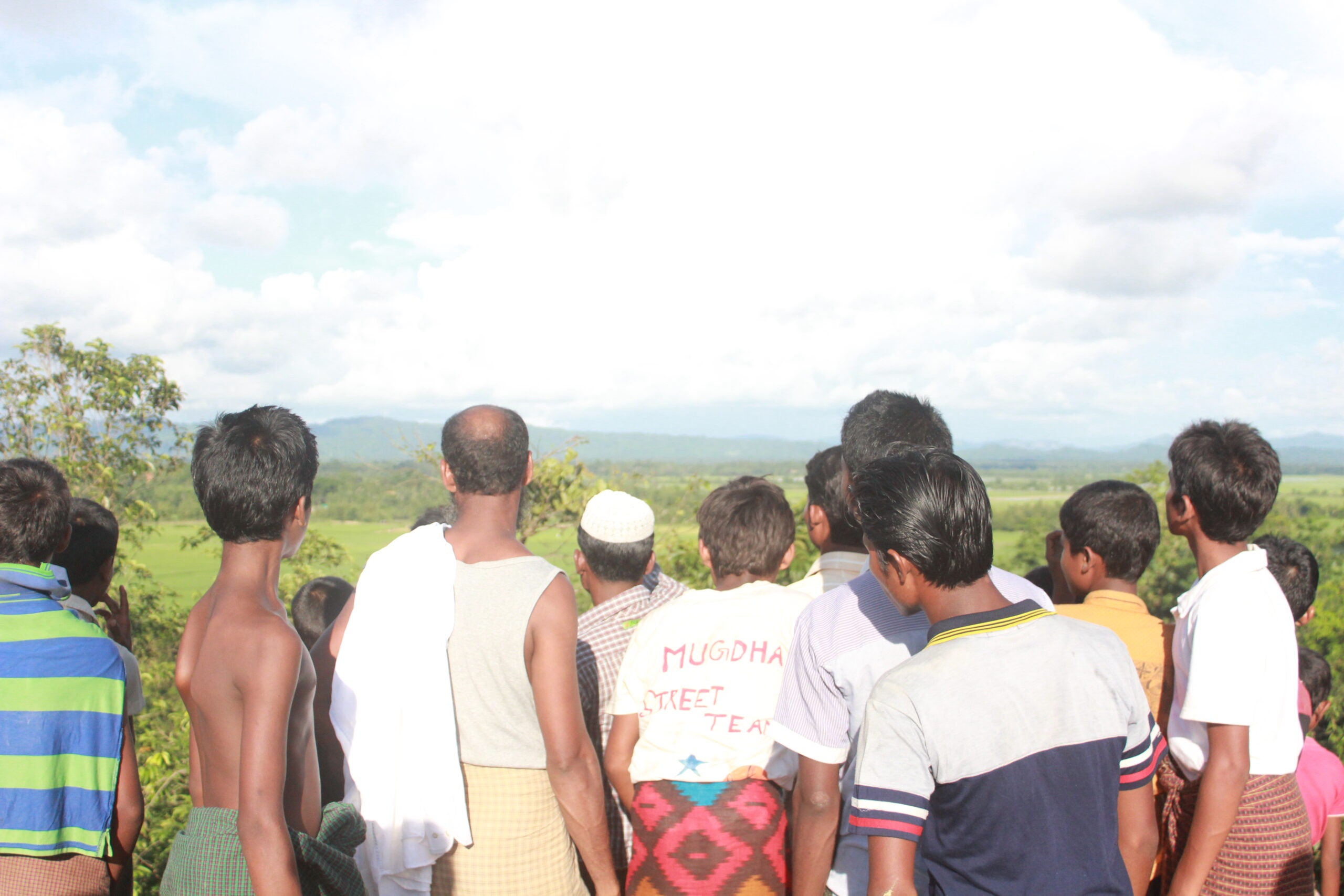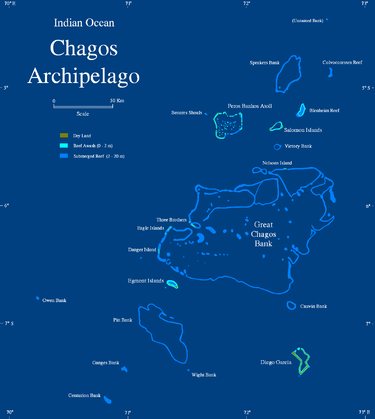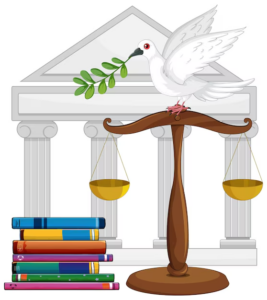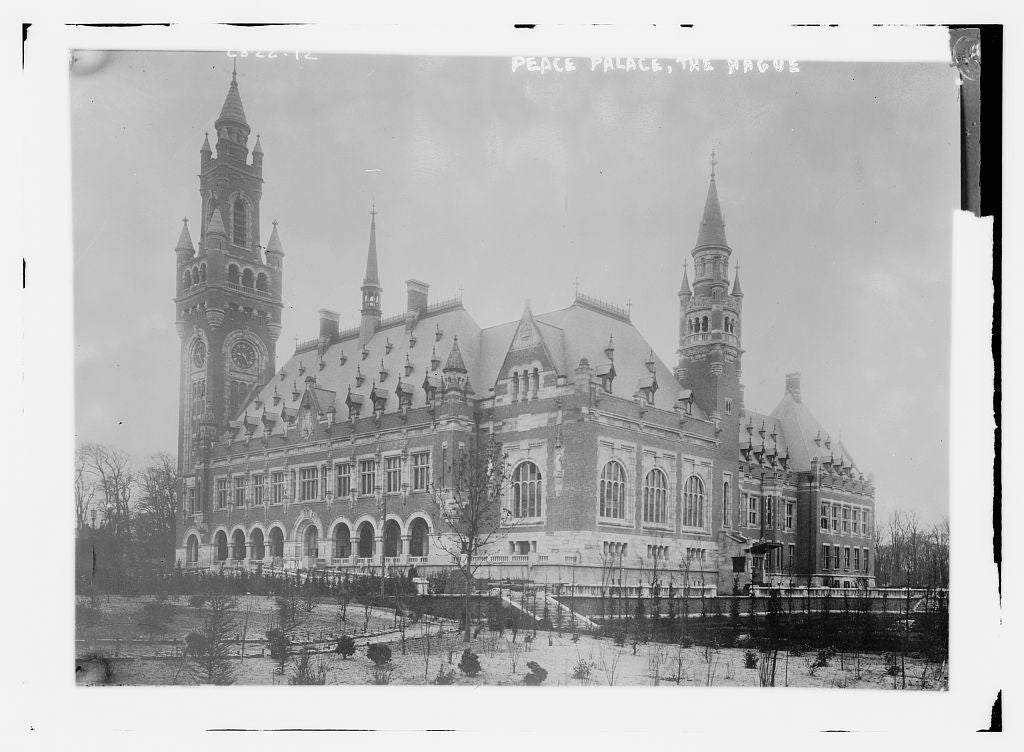High Politics at the International Court of Justice
INTRODUCTORY BLOG
Published on 16 October 2024
High Politics at the International Court of Justice
by Ntina Tzouvala
It is a long-held position of the International Court of Justice (ICJ) that it is not precluded from pronouncing on the legal dimensions of a question simply because said question is also part of a political dispute. This settled doctrinal point, though, can hide as much as it illustrates about the real-life workings of international law. Falling back to doctrine does not explain why an increasing number of states and international bodies, such as the UN General Assembly or the International Labour Organisation, have been keen to submit extremely sensitive questions to the Court over the past decade, and especially in the past 2-3 years. From the Chagos Islands Advisory Opinion to the effort of Pacific islands (via the UN General Assembly) to have the Court pronounce on the legal implications of anthropologic climate change and from Ukraine’s legal challenges against Russia’s full-scale invasion in 2022 to South Africa’s persistent return to the Court seeking provisional measures against Israel under the Genocide Convention, the ICJ is being asked to rule on some of the most controversial political issues of our time.
Published on 16 October 2024
Mega-Political Cases before the ICJ: Transforming a Hegemonic into a Negotiated Order?
by Heike Krieger
In recent years, states have increasingly turned to the International Court of Justice (ICJ) to adjudicate what one may describe as ‘mega-political’ cases. Such cases concern legal disputes around deep-seated disagreements about political, social or economic developments that challenge the creation of shared understandings of politics, morality and even reality internationally or domestically. In this blog post, I will argue that this trend is closely related to the profound structural changes in the international order that we currently witness.
Published on 17 October 2024
High Politics and the International Court of Justice
by Gleider Hernández
The notion of ‘high politics’ in international adjudication is only paradoxical if one insists strictly on a conceptual separation between law and politics. Though the point of law and legal systems is to transcend politics, or at the very least, to organise law and legal institutions around processes that operate independently from brute politics, only the most strident formalist would maintain that law is entirely separate from politics.
Published on 18 October 2024
The Rohingya Crisis at the ICJ: Caught between Legal Technicalities and Limits of the Court
by Emraan Azad
The crisis in relation to the protection of the Rohingya has two dimensions: one is legal and relates to the adjudication of the genocide claim against Myanmar at the International Court of Justice (ICJ); and the other is practical and concerns the prospect of safe and dignified return of slightly over a million Rohingya to their homeland. While the former is now adjudicated in front of an international court, the repatriation issue is still framed as a bilateral matter between Bangladesh and Myanmar with frequent interventions from UN agencies and a few powerful nations like the US, Canada, and China.
Published on 21 October 2024
The Power of the World Court Unleashed: The Chagos Archipelago Advisory Opinion and Decolonisation
by Trung Nguyen
British colonialism marked a dark page in humankind’s history and it still haunts us today like the ghost of Hamlet’s father. The story of the Chagos Archipelago is emblematic of that era of imperialism. The native population of the Archipelago, the Chagossians, were forced to leave their homeland and never to return after the United Kingdom (UK) detached their islands from Mauritius’ territory with the 1965 Lancaster House Agreement to make way for an American military and security base in Diego Garcia.
Published on 22 October 2024
The International Court of Justice’s intrinsic powers to decide all cases brought before it
by Ambassador Carlos Argüello
This symposium invites us to reflect on the proliferation of cases concerning “high politics” adjudicated at the International Court of Justice (ICJ or “the Court”). However, the reference to “high politics” and the ICJ needs some clarification. It could be seen to suggest that there might be cases that are too “political”, and the Court should be careful with them. Indeed, it is frequently the case that legal and political issues are understood, mistakenly, to mean two different and conflicting things.
Published on 23 October 2024
The politics of facts before the International Court of Justice
by Ana Luísa Bernardino
There was a time in the history of the International Court of Justice (ICJ), in the years immediately following its establishment and, most acutely, in the aftermath of the 1966 judgment in South West Africa, when the Court struggled to attract cases, let alone politically-charged ones. Some judges lamented the fact that the Court’s docket, which was then comprised primarily of boundary disputes, rarely featured in the front page of newspapers. Scholars similarly doubted the possibility that the Court would ever hear ‘big cases’ despite its judges being engaged in ‘ambulance chasing’. No longer: the ICJ has, in the past few years, been routinely seized of some of the most politically salient disputes of our time, involving questions of aggression, decolonisation, self-determination, and climate change.




